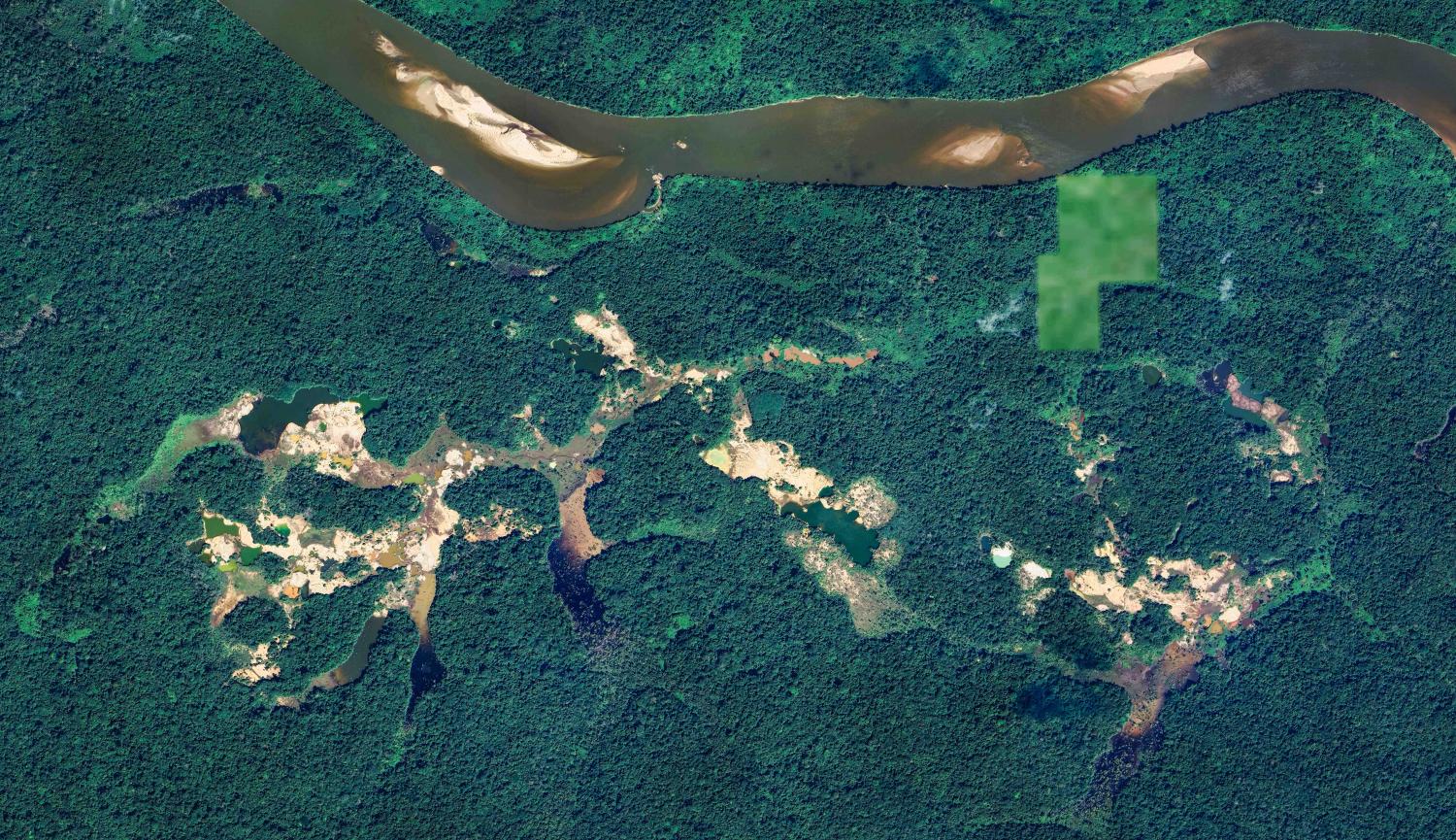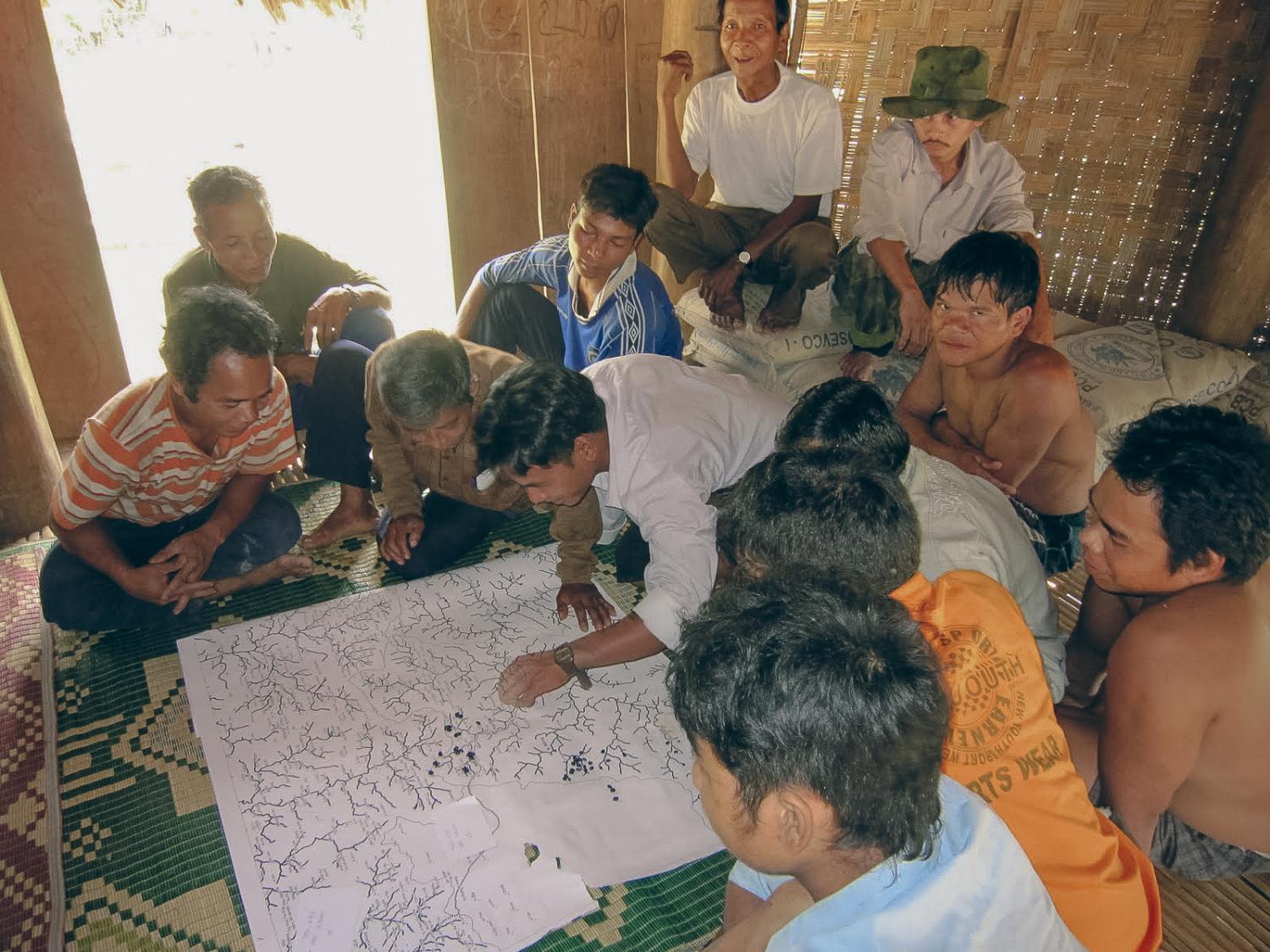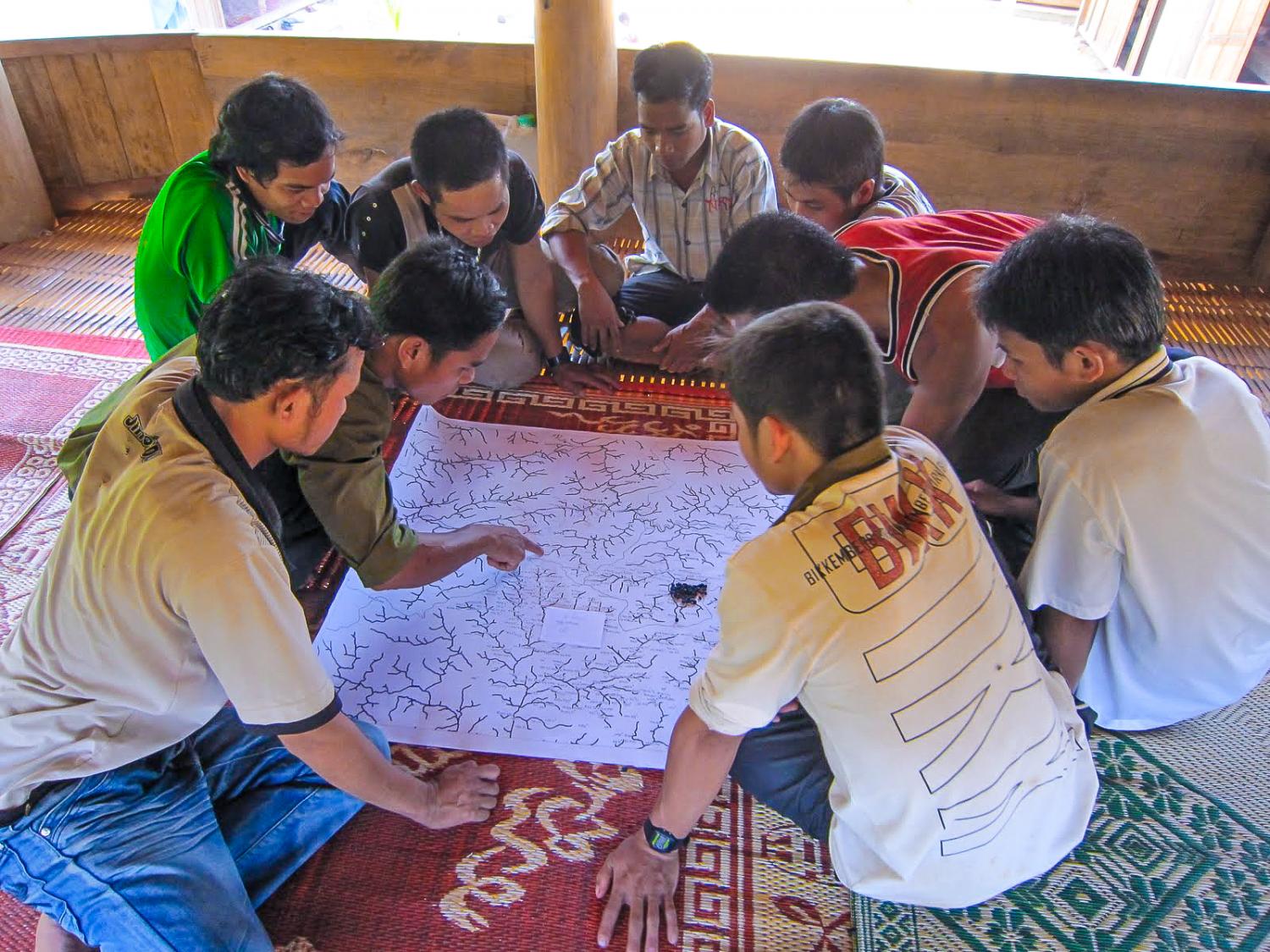
Feasibility Study
Co-creation of the Earth-human System Program
Towards an Ethical Economy: Addressing the Impacts of Commodity Trade and Consumption on Indigenous Land and Survival
Abstract
Indigenous communities are essential to global sustainability yet are increasingly threatened by economic activities driven by international trade, particularly expanding agriculture and mining, which cause environmental degradation, displacement from ancestral territories, and erosion of cultural traditions. This research examines the impacts of global commodity production and consumption on Indigenous Peoples. Through collaborative approaches, we aim to develop transformative solutions that mitigate Indigenous-industry conflicts, promote ethical trade practices, and encourage behavior change by aligning economic activities with social norms of justice, equity, and inclusiveness to safeguard Indigenous rights.
Why do this research?
Indigenous Peoples manage more than a quarter of Earth's land and have lived closely with nature for thousands of years. They play a vital role in protecting the environment, conserving wildlife, and preserving unique cultural traditions. Indigenous communities hold valuable knowledge in fields such as medicine and agriculture, helping the world tackle big challenges such as climate change.
However, Indigenous Peoples are facing serious problems. Increased demand for natural resources has led to more farming, mining, urban growth, and tourism. These activities often push Indigenous communities away from their ancestral lands, hurting their cultures and ways of life. Since Indigenous Peoples rely heavily on nature, they are significantly vulnerable to environmental changes.
Many of these issues are driven by global trade, meaning that problems faced by Indigenous communities are caused not solely by domestic demand within their own country but also by products consumed internationally. Understanding how our buying habits affect Indigenous communities worldwide can help us create better policies, promote responsible behavior, and protect the rights and cultures of Indigenous Peoples for future generations.
Results
What you want to do in the future
The project pioneers in three significant ways: firstly, it aims to identify and map "hotspots" where international trade significantly affects Indigenous populations by introducing new frameworks for impact assessment, tentatively named the "Indigenous-industry conflict footprint". Secondly, the research will explore strategies to mitigate these effects and balance global trade with the preservation of Indigenous rights. Using an integrated approach that combines scenario-based modeling, in-depth qualitative analysis, and targeted field surveys, researchers will evaluate policy effectiveness across diverse socio-economic contexts. Finally, the project seeks to raise awareness about the impact of trade on Indigenous survival and encourage inclusive stakeholder engagement in co-creating transformative solutions to minimize conflicts.
 Photo 1: Satellite image showing evidence of illegal mining operations in the Yanomami Indigenous Territory, Brazil (Image source: Google Earth).
Photo 1: Satellite image showing evidence of illegal mining operations in the Yanomami Indigenous Territory, Brazil (Image source: Google Earth).

News
-
{{ data.disp_date }}
{{ data.content }}
Member
FS Principal Investigator
NGUYEN, Tien Hoang
Assistant Professor, Tohoku University Graduate School of Environmental Studies
Main Members
FUNAKI Ritsuko Chuo University
OISHI Takanori Tokyo University of Foreign Studies
GARNETT, Stephen Charles Darwin University
